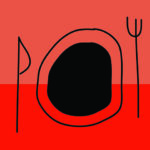Humans around the world have been consuming adaptogenic herbs and experiencing their benefits for many thousands of years, but it was not until 1947 that Russian scientist and physician Dr. Nikolai Lazarev coined the term “adaptogen.” During World War II, Lazarev’s work centered around performance enhancing stimulant drugs, but after the war his focus turned to substances that could enhance well-being and performance without any negative side effects. His study of adaptogens began with Ginseng, possibly the most famous herb in the world alongside common tea leaves. Shortly thereafter his research expanded to Siberian Ginseng, which was much more readily available in Russia.
Note: Siberian Ginseng and Ginseng have similar names and some similar biological effects, but are not biologically related to one another. As it is now understood, the category of adaptogens is comprised not exclusively of plants, but also features substances of fungal, animal and mineral origin. They have the remarkable ability to increase one’s resilience to a wide variety of different physical, emotional, chemical and biological stressors. They help one’s body maintain a healthy state of balance regardless of the stress one may be experiencing and does not excessively stimulate bodily functions beyond what is necessary to counteract the challenge to one’s biology.
Traditional Chinese Medicine and Taoist Tonic Herbalism also have a similar way of categorizing herbs. First there exists the inferior class of medicinal herbs, which do not enhance adaptability, but simply adjust certain bodily functions in one specific direction or another. These can be taken only for short periods of time to address particular ailments. On the other hand, the superior class of herbs known as Tonic Herbs can be taken in small amounts on a regular basis over the course of one’s life to build adaptability, life force, immunity and spiritual energies. The system of Taoist Tonic Herbalism is closely connected to the Three Treasures Philosophy.
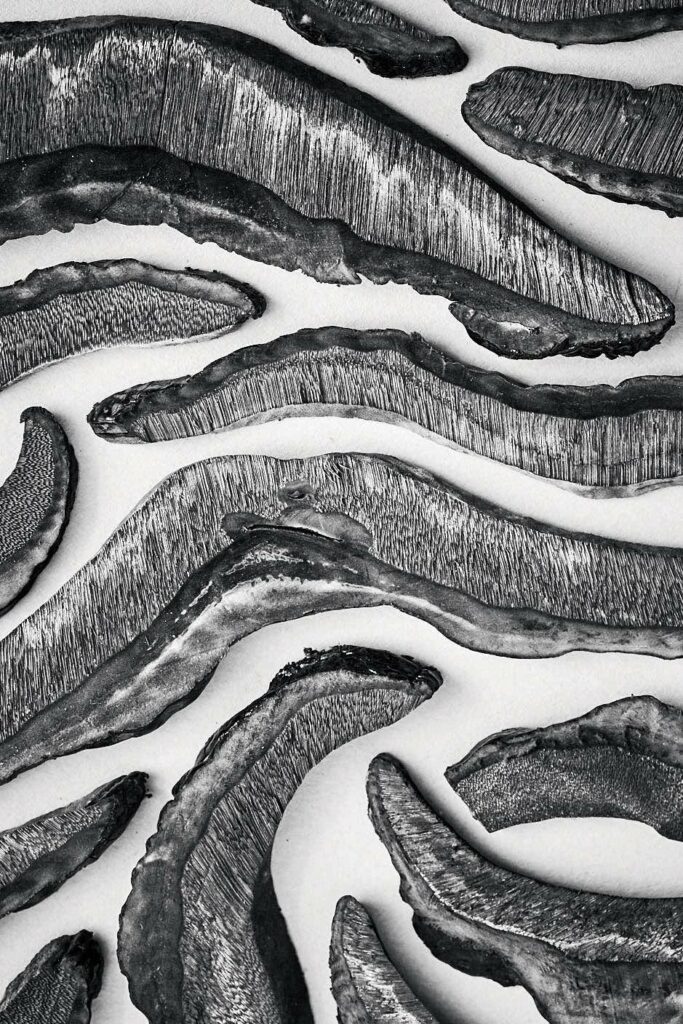
We are incredibly fortunate to live in a time when we have all of these herbs at our fingertips. These are incredible tools provided to us by nature to improve our ability to adapt to an ever-changing world.
From the Taoist perspective, one’s life is comprised of three forms of energy; Jing, Qi and Shen. The Jing is best understood as one’s deep vital force or energy reserves, which is stored in the kidneys and adrenals. Qi is one’s active energy, vitality, cognitive function and immune function. Finally, Shen is one’s spiritual energy or one’s higher self. In order to qualify as a superior tonic herb, the herb must help the user to cultivate one or more of these three treasures. For example, he shou wu is one of the great restorative Jing tonics. Astragalus is a famous Qi tonic, known for its ability to increase one’s own natural energy production and increase strength, especially in the extremities. Others, such as reishi mushroom and schizandra berry are known as “three treasure tonics” for their ability to assist in the cultivation of Jing, Qi and Shen.
India’s 5,000+ year old Ayurvedic system also incorporates similar concepts, using the terms Ojas, Prana and Shakti much as the Taoists would speak of Jing, Qi and Shen. Ojas, Prana and Shakti are not as central to Ayurveda as Jing, Qi and Shen are to the Taoist and Chinese systems, but it is interesting to observe these parallels between the two systems. Ayurveda features some of the most powerful known adaptogens in the world, including shilajit, ashwagandha and holy basil. Shilajit is an incredible mineral pitch found in the Himalayas originally consumed by local monkeys and then by the yogis who closely observed the effects it had on them. Shilajit is an Ojas tonic and is well known for its ability to fight stress. It increases parasympathetic nervous system activity (the opposite of the fight-or-flight sympathetic nervous system), is a powerful detoxifier and supports mitochondrial energy production and brain health. Ashwagandha is known as the “Ayurvedic Ginseng” and is one of the most powerful adaptogenic herbs in existence. It helps to relieve stress and anxiety, is neuroprotective and has benefits for physical strength and athletic performance. Holy Basil, also known as Tulsi, is another great Ayurvedic adaptogen which helps with stress and cortisol levels, adrenal health, thyroid function, blood sugar balance and immune system function.
Persistent and excessive fear can prevent one from fully enjoying many of life’s greatest adventures and joys. From the Taoist health perspective, fear is very much linked to Jing deficiency. In traditional Chinese anatomy, the system known as the “kidneys,” which also includes the bone marrow, connective tissues and adrenals, is said to be the source of will and courage. The kidneys hold one’s Jing, the primary core life force and vital essence of the body. When the Jing has become depleted through excess stress, poor sleep, unhealthy diet, drugs, alcohol, or even over-training, our psychology and biology can detect that we are in a precarious position and we naturally become much more fearful. If we are at the point of being one health crisis away from serious long-term damage to our health, we will be constantly fearful and seeing threats at every turn. This can be a difficult cycle to break, as this constant fear will in turn further deplete the kidneys. But there is hope! First, we must address all of the ways in which we are burning up our Jing through poor diet, lifestyle and psychology. Once these Jing “leaks” have been plugged, we can take advantage of some of the great Jing-building herbs like he shou wu, cordyceps, shilajit, rehmannia and morinda to begin replenishing these energy reserves.
Are adaptogenic herbs just another health fad that will be left behind like the soy protein and low-fat crazes of the 1990’s? Highly unlikely. Unlike man-made supplements and diets that go in and out of vogue with increasing frequency, these herbs have been central components of time tested health systems going back many thousands of years. They have stood the test of time and as more and more scientific research is done, we continue to gain a deeper understanding of how they work in the body and how powerful they truly are. Until recent history, many adaptogens like reishi mushroom and cordyceps could only be found in the wild and thus were extremely rare and expensive. Recent developments in technology and cultivation techniques have made them much more widely available. We are incredibly fortunate to live in a time when we have all of these herbs at our fingertips. These are incredible tools provided to us by nature to improve our ability to adapt to an ever-changing world with ease and grace.
Sage Dammers is the cofounder and CEO of Addictive Wellness, a company specializing in re-creations of classic indulgences in a way that doesn’t just make them “health neutral,” but significantly beneficial. Addictive Wellness makes a delicious line of sugar-free raw chocolates and elixirs incorporating the purest and most potent Chinese and Ayurvedic herbs.
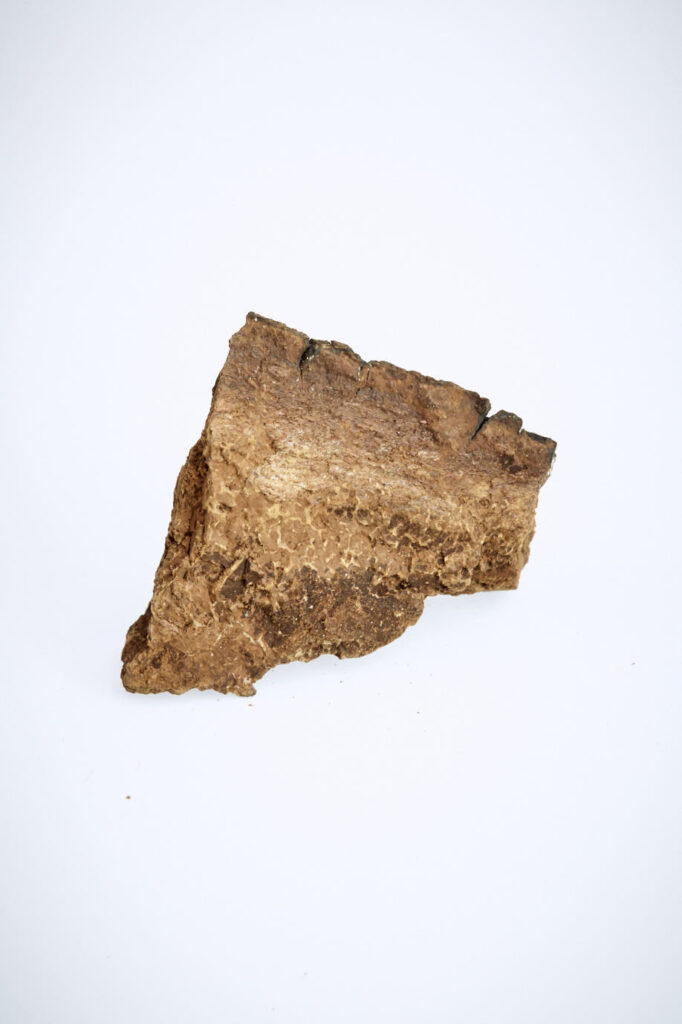
Chaga
JING VITALITY TONIC
Blend the following ingredients on high:
1 cup Dragon Herbs Spring Dragon Gynostemma Tea
. teaspoon Cordyceps Extract Powder
. teaspoon He Shou Wu Extract Powder
. teaspoon Eucommia Extract Powder
. teaspoon Rehmannia Extract Powder
1⅛teaspoon Shilajit Powder
1 Tablespoon Grass-Fed Ghee or Coconut Oil
1 Tablespoon Styrian Pumpkin Seed Oil
6-10 Drops Liquid Stevia
QI ENERGY TONIC
Blend the following ingredients on high:
1 cup Dragon Herbs Spring Dragon Gynostemma Tea
1 Tablespoon Addictive Wellness Raw Cacao Powder
. teaspoon Ashwagandha Extract Powder
. teaspoon Astragalus Extract Powder
. teaspoon Cordyceps Extract Powder
. teaspoon Siberian Ginseng Extract Powder
Dash of cinnamon (optional)
1 Tablespoon Grass-Fed Ghee or Coconut Oil
1 Tablespoon Caprylic Acid (C-8) MCT Oil
6-10 Drops Liquid Stevia
SHEN SPIRIT TONIC
Blend the following ingredients on high:
1 cup Dragon Herbs Spring Dragon Gynostemma Tea
. teaspoon Reishi Mushroom Extract Powder
. teaspoon Pearl Powder
2 Dropperfulls Albizzia Flower Tincture
1 Tablespoon Coconut OIl
6-10 Drops Liquid Stevia
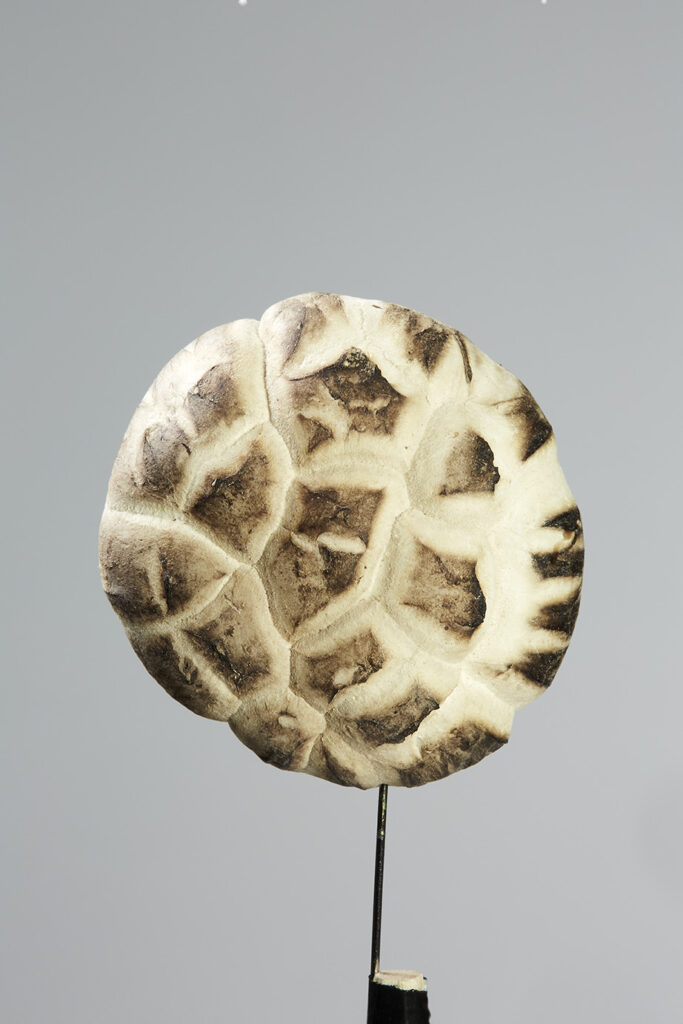
Reishi
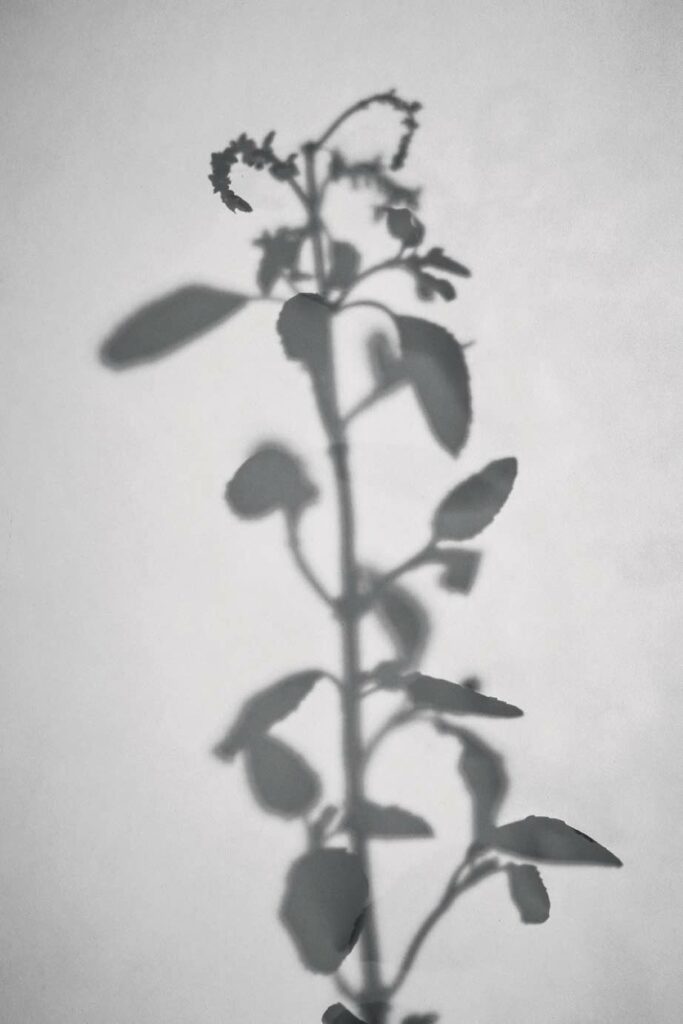
Tulsi Basil
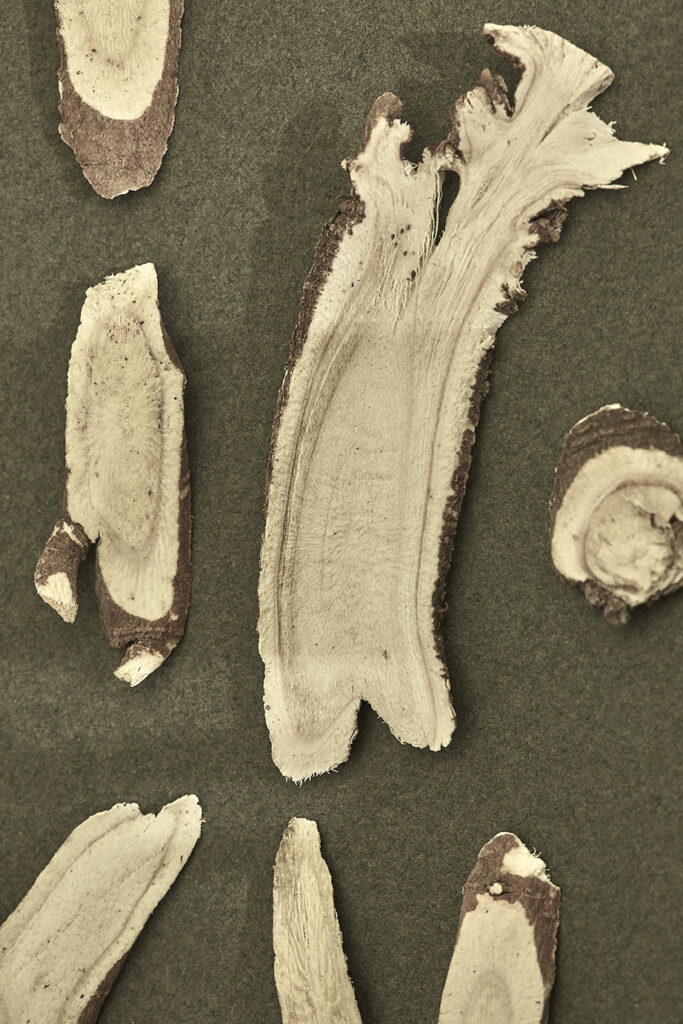
Licorice
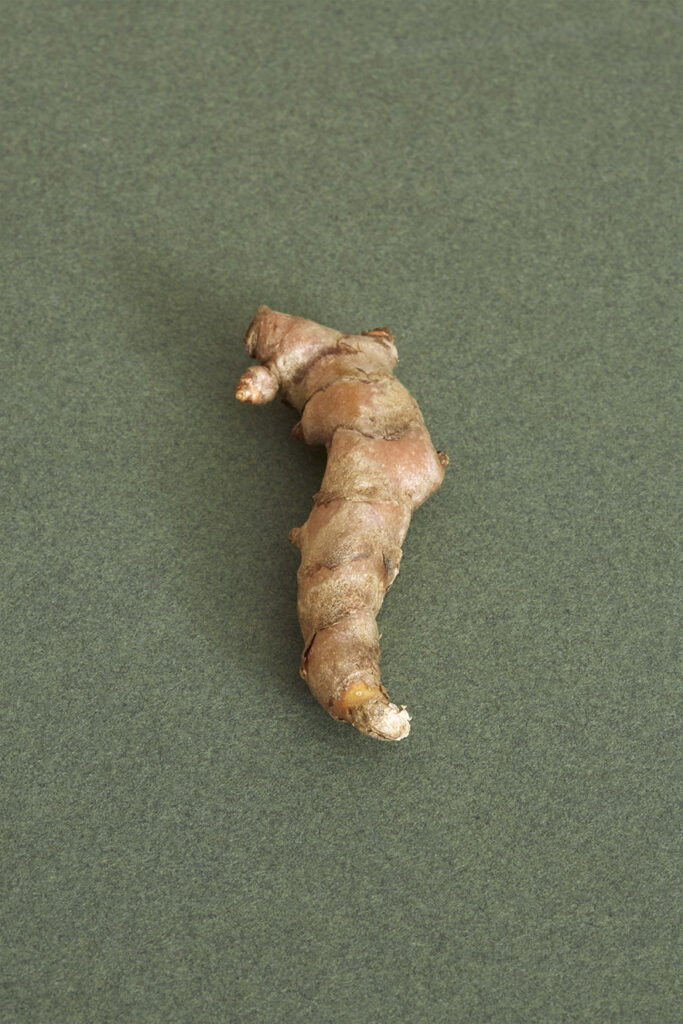
Tumeric
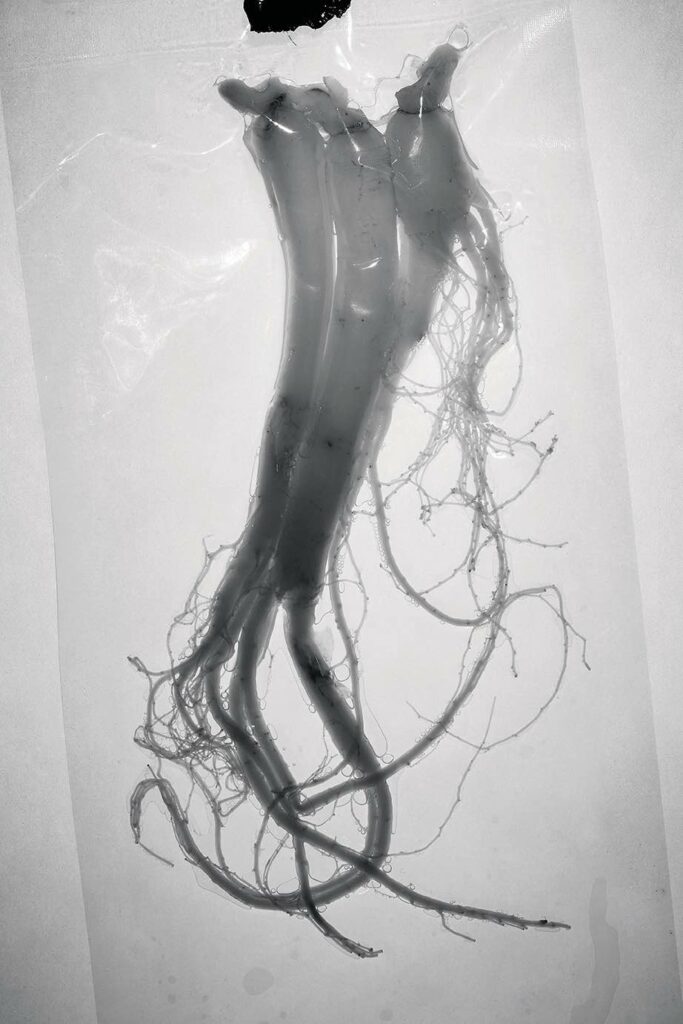
Ginseng
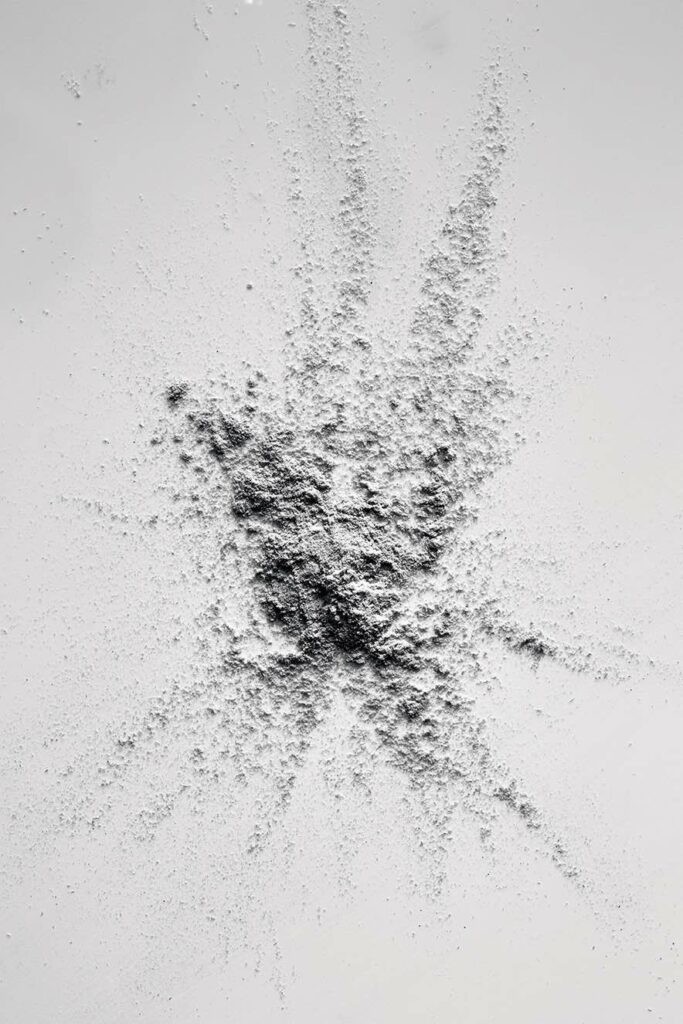
Ashwaganda





